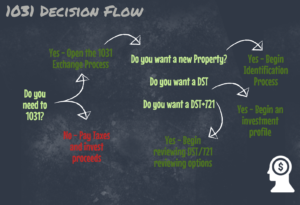
How to Prepare your company for the Close of the Plan Year and Welcome the New Year in Your 401(k) Plan
As the current year draws to a close, plan sponsors overseeing 401(k) plans have several essential tasks to complete to ensure a smooth transition from the old plan year to the new one. This guide provides insights into what you









